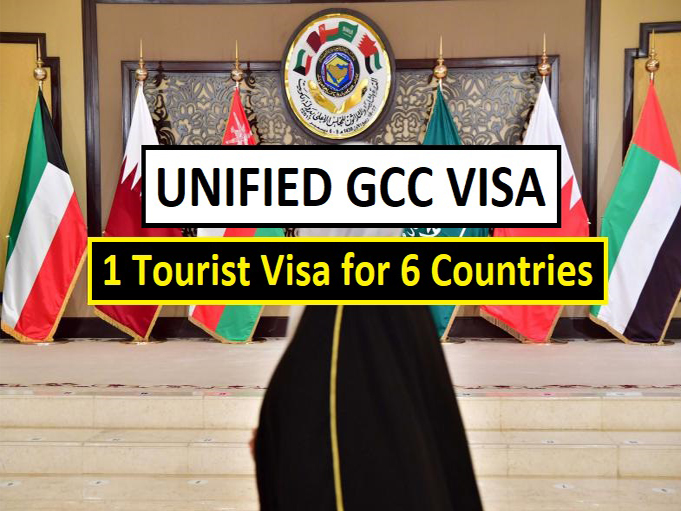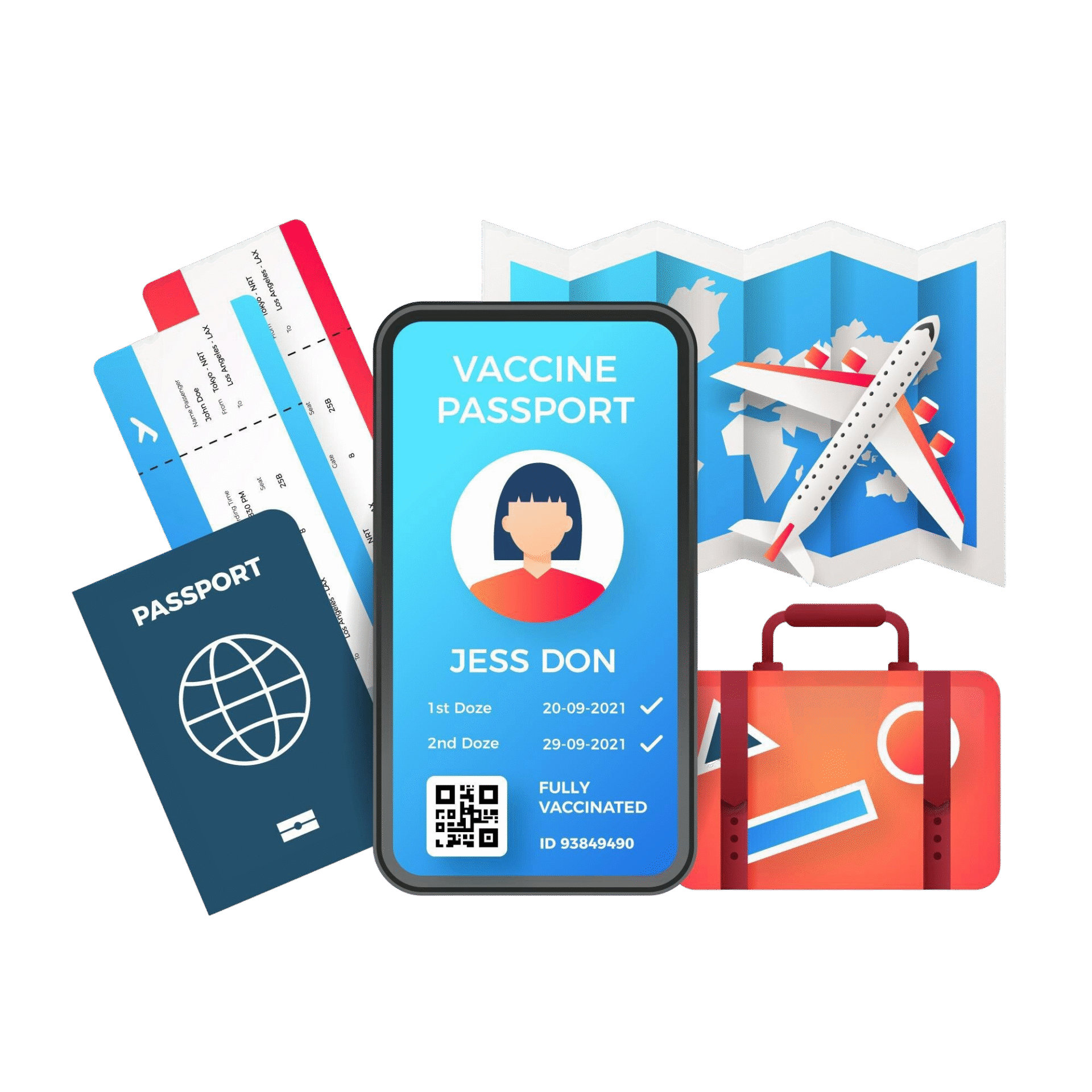Understanding the Details of Unified GCC Visa
The Gulf Cooperation Council (GCC) countries have long been a popular destination for tourists from around the world. With their rich cultural heritage, stunning landscapes, and world-class hospitality, these countries offer a unique and unforgettable experience.
However, for many years, tourists have faced the challenge of obtaining individual visas for each GCC country they wish to visit. This process has often been time-consuming and cumbersome, discouraging potential visitors.
Fortunately, a unified tourist visa system is set to be implemented across GCC countries in 2024-2025, which will undoubtedly streamline the process and boost tourism in the region.
Here in this blog post, we are going to share Unified Tourist Visa benefits For GCC Countries and Tourists.
What is Unified GCC Visa?
The Gulf Cooperation Council (GCC) countries are set to implement a unified tourist visa. It will be more similar to the Europe Schengen visa. With a GCC visa, tourists will be able to travel across all 6 GCC member states: Bahrain, Oman, Kuwait, Qatar, Saudi Arabia, and the UAE. It will be operational between 2024 and 2025, once the implementation regulations are established.
Travel Benefits of a Unified GCC Tourist Visa System for GCC Countries
The implementation of a unified tourist visa system across the GCC countries will bring numerous benefits to both tourists and the nations themselves. Firstly, this system will eliminate the need for multiple visas, making travel within the region much more convenient for tourists.
Visitors will be able to explore multiple countries without having to navigate a complex visa application process each time. This ease of travel will likely attract more tourists to the GCC countries, ultimately boosting their economies through increased spending on accommodation, transportation, and leisure activities.
Furthermore, the unified visa system will facilitate marketing efforts for the GCC countries. Instead of promoting each country individually, they can collectively market the region. This unified approach will save resources and create a stronger brand identity for the GCC countries as a top tourist destination globally.
Moreover, by breaking down the barriers to travel, the unified tourist visa system will foster cultural exchange and understanding among visitors and locals alike. This increased cultural exchange will lead to stronger diplomatic ties and potentially pave the way for future collaborations in various fields, such as trade and education.
Must Read: Best places to see in UAE as a first-time visitor

Implementation Challenges and Solutions
The implementation of a unified tourist visa system across the GCC countries is undoubtedly a complex task that requires coordination and cooperation between all member states.
One of the main challenges will be harmonizing the various visa requirements and regulations of each country. The system needs to strike a balance between maintaining national security and easing the visa process.
To overcome this challenge, GCC countries must engage in extensive discussions and negotiations to establish common criteria for granting visas, ensuring the system’s integrity while also simplifying the application process.
Another challenge lies in the infrastructure required to support the unified visa system. From online visa application platforms to efficient border control systems, significant investment will be needed to build the necessary infrastructure.
Here, GCC countries can leverage their existing trade and economic ties to secure partnerships with international technology and infrastructure companies. By collaborating with global experts, they can ensure the development of state-of-the-art systems that can handle the anticipated increase in tourist traffic seamlessly.
Impact of Unified GCC Visa on Tourism and the Economy
Once the unified tourist visa system is successfully implemented in 2024-2025, the potential impacts on tourism and the economy of the GCC countries are vast. Firstly, the streamlined visa process will attract a larger number of tourists, leading to higher occupancy rates in hotels, increased demand for local transportation services, and a surge in spending at various tourist attractions. This boost in tourism will directly benefit the local economy, creating new job opportunities in the hospitality and service sectors.
Moreover, the increased influx of tourists will likely drive the development of new tourism projects and infrastructure. GCC countries will be motivated to enhance their tourism offerings, such as building new resorts, expanding cultural sites, and developing eco-tourism initiatives. These developments will not only enrich the experience for tourists but also create opportunities for local businesses, encouraging economic growth and diversification in the region.
Conclusion
The implementation of a unified tourist visa system across the GCC countries in 2024-2025 signifies a significant step forward in facilitating travel and boosting tourism in the region. By removing the barriers to travel, the system will contribute to the growth of the local economies, create more job opportunities, and increase cultural exchange between visitors and locals.
However, it is vital for GCC countries to work together to overcome the challenges and ensure the system’s successful implementation. With proper planning, investment in infrastructure, and collaboration, the unified tourist visa system has the potential to transform the GCC into a leading tourist destination, further enhancing its global reputation.



